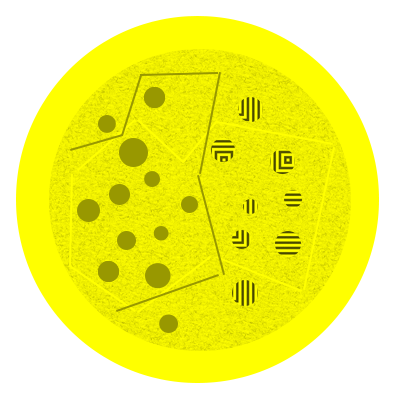Society
Sensing is not only an individual process also a social one for a number of reasons. For example, humans interact, and this interaction is always sensory in some ways and therefore involves a negotiation of ‘personal sensory space’. Moreover, our ideas about the nature and meaning of the senses are shaped by social factors. Different societies evaluate the meaning of sensations (and even the number of sense) in different ways and therefore have different norms with regard to sensory behaviour. Lastly, place experiences are linked to cognitive processes: the stories, myths and representations associated with particular places, these meanings are shared by groups of people and expressed in language, as the urban planner Kevin Lynch has argued: “Cognition is an individual process, but its concepts are social creations. We learn to see [and sense] as we communicate with other people.”
Both neuroscience and semiotics offer an interesting and complementary vocabulary to think about the difference between ‘sensing’ and ‘sense-making’. Neuroscientist call the first ‘sensation’ and the second ‘perception’, semiotics uses the idea of ‘denotation’ (observing a sensation) and ‘connotation’ (giving meaning to it).





